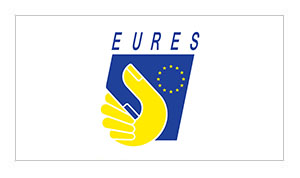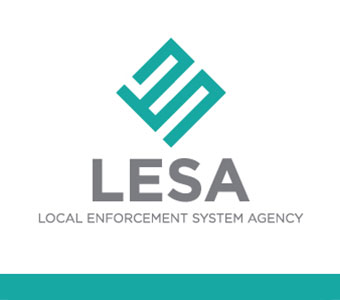That a government invests in early childhood education would clearly show that it believes in the sustainability of the education sector and even more so in social empowerment. According to psychologist Glenda Wall, the period between zero and eight years is a crucial period for strengthening children’s literacy skills. It is therefore of utmost importance that the government, together with policy makers, strengthens all early childhood education structures, leading to an improvement in the working conditions of educators. All this must be done within a strategic framework that guarantees the best education for our children.
What is the situation in Malta?
- Early childhood education is divided into two areas:
- Optional
- Compulsory;
- Optional is divided into two:
- Child Care Centers – for children aged three months to three years
- Kindergarten classes – for children aged three to five years
- The compulsory one accepts children between five and seven years of age
- In Malta there are over four thousand children attending day care and over nine thousand attending kindergarten. So in total there are over 13 thousand pupils.
Some positive points in this area.
- The free childcare scheme that has been introduced by the government. Through this scheme many children are benefiting from free child care. We can say that this program has led to direct and indirect investment in Maltese society, especially in the labor market.
- Free kindergarten education for all.
- Various post-secondary courses, in different academic institutions, which empower educators.
Points to be strengthened.
- Educators and kindergarten teachers do not have the ability to obtain a permanent permit.
- A person with a bachelor’s degree in early childhood care and education does not have the option to pursue a master’s degree that focuses only on the early childhood field. This limitation leads them to pursue a Master’s in Teaching and Learning, which focuses more on the primary sector, and choose to work in the primary sector for warrant and pay reasons.
- The fact that there is no open-ended permission and not even a specific Masters for early years leads to a significant pay gap. This difference leads to an exodus of educators from the nursery and kindergarten sector to the primary sector. Unfortunately, this leads to what we call Brain Drain.
- The professional development of these professionals is very limited.
What can be done?
- Legislative changes that include a credential for these educators and open up opportunities for them to advance professionally and improve their working conditions.
- Create a special master’s degree for these educators that allows them to advance in their careers while remaining in the child care field or KG.
- A plan to keep educators in the sector.
- A strategy for consulting educators, leading to a plan to further strengthen existing structures.
More or less, this is the picture of early childhood education in Malta. In recent years we have seen reforms and programmes that break one’s heart. We can say that Malta has invested a lot in education, but we still have a long way to go. Our children deserve the best and to ensure that, we need to start at an early age. Studies clearly show that early age is crucial for human development. Therefore, I strongly believe that the government should invest more in educators who work in this field.
Gabriel Pullicino – Hospitality and Food Section












